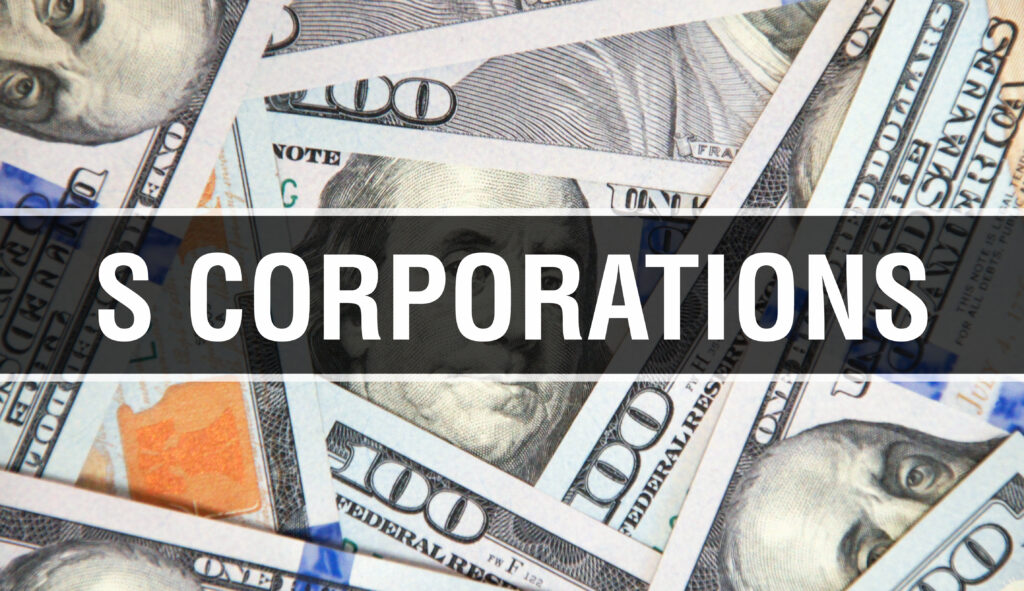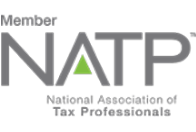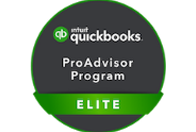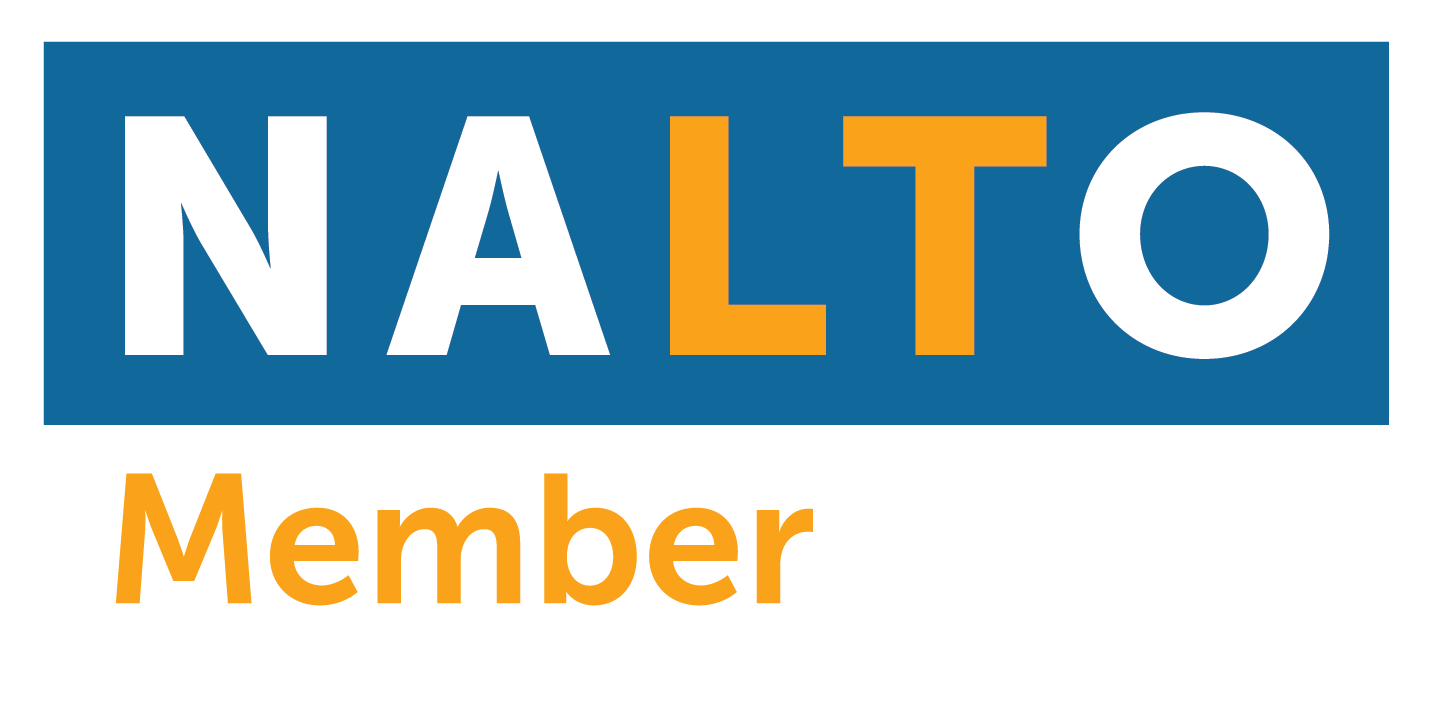WHAT IS AN S CORP? Also known as an S subchapter, it is a type of corporation that elects to pass-through corporate income, losses, deductions, and credits to their shareholders without paying any federal corporate tax. Shareholders of S corporations report the flow-through of income and losses on their personal tax returns and are assessed tax at their individual income tax rates. This allows S corporations to avoid double taxation on the corporate income. S corporations, however, are responsible for tax on certain built-in gains and passive income at the entity level.
WHAT ARE THE IRS REQUIREMENTS TO QUALIFY FOR S CORPORATION STATUS?
- Be a domestic corporation (within the United States)
- Have only allowable shareholders
- May be individuals, certain trusts, and estates and
- May not be partnerships, corporations or non-resident alien shareholders
- Have NO more than 100 shareholders
- Have only one class of stock
- Not be an ineligible corporation (i.e., certain financial institutions, insurance companies, and domestic international sales corporations).
PROS AND CONS OF AN S CORP. Not having to pay federal corporate taxes at the entity level is advantageous especially when a business is in its early years. S Corp shareholders can also be company employees who earn salaries and receive corporate dividends that are tax free if the distribution does not exceed their stock basis. If dividends exceed a shareholder’s stock basis, the excess is taxed as capital gains which is a lower rate than ordinary income tax. Because the money that shareholders receive from the S Corp comes in the form of a salary or dividends, owners often lower their liability for self-employment taxes. Self-employment tax is a tax consisting of Social Security and Medicare taxes primarily for individuals who work for themselves. The self-employment tax rate is 15.3%. The rate consists of two parts: 12.4% for social security (old-age, survivors, and disability insurance) and 2.9% for Medicare (hospital insurance). In an S Corp setup, Net Income is split into salary and Pass-Through Income to shareholders. In this setup, the SE Tax is only applied to the salary portion. This means, that for every thousand dollars you distribute as pass-through income, you save $153 in SE Taxes. However, because of this nature, the IRS is strict at how S Corps pay their employees. An S Corp is required to pay “Reasonable Compensation” first to their shareholder-employees before any distributions are made. This is done so that S Corporations does not cover-up salaries as company distributions to avoid paying payroll taxes.
DO S CORPS STILL FILE INCOME TAX RETURNS? Although S Corps are generally exempt from corporate taxes, they must still report their earnings to the federal government and file tax returns. S corps only file once a year, like individual taxpayers.
WHY GO FOR AN S CORP? Overall, S Corporations enjoy both the benefits of a corporation and the tax advantages of a partnership. Like an LLC, S Corps offer a limited liability protection for their shareholders. That means, your personal assets can’t be made available or accessed by the business creditors nor will you be held personally responsible for lawsuits filed against the company. But unlike LLC, S corps have more financing options: They are allowed to offer equity stakes to investors in return for capital and they also have higher chances of getting bank loans. And if their operations are complex, they would benefit from establishing the formal structures, compliance procedures, and other protocols required of corporations. S corporation status may help establish credibility with potential customers, employees, suppliers, and investors by showing the owner’s formal commitment to the company. Whether you need an LLC or an S Corp depends on the nature and size of your business and your aspiration for growth. It is a perfect progression for the Single Member Limited Liability Company.
What is the best type of company suited for your business? Book your consultation with your dedicated 1099 Accountant today and we’ll be glad to answer all your questions. Ask about Owner Only S-Corporation specials.












